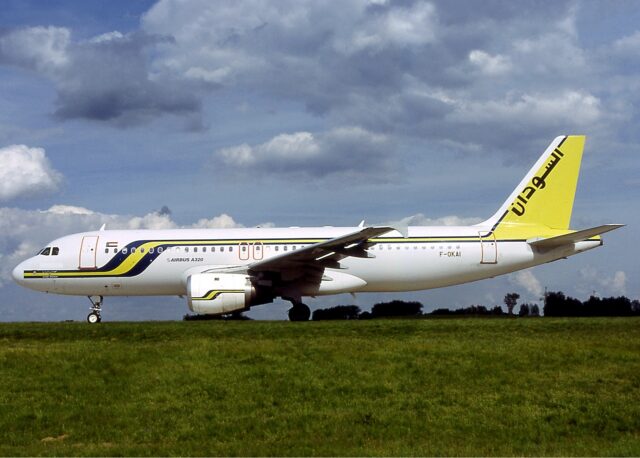
The UK government has launched a call for evidence on the regulation of laser pointers. At FINN we recently interviewed two companies who have come up with innovative solutions to help protect pilots against these ‘laser strikes’.
The move comes in response to an increase in laser incidents in recent years. A survey of UK ophthalmologists reported over 150 incidents of eye injuries involving laser pointers since 2013, the vast majority of these involving children.
In addition, the Civil Aviation Authority (CAA) has reported an increase in incidents of laser pointers being directed into the cockpits of helicopters and planes on take-off and landing. Last year an Air Ambulance helicopter pilot was rendered temporarily blind by a laser attack that could have had catastrophic consequences.
The government is seeking responses from business groups, aviation and transport bodies, retailers, health bodies, and the general public to identify and tackle the problem, while enabling legitimate businesses to continue to trade.
Licensing
The government will consider the potential advantages and disadvantages of licensing schemes, advertising bans, and an awareness-raising campaign to educate people about the dangers of laser pointers. The government says it is already working with online retail sites such as Amazon to ensure that where unsafe laser pointers are identified they are removed from sale.
Under current regulations, only laser pointers that are considered safe for their intended use should be sold to consumers. However, there is evidence that these regulations are not always adhered to, and there have been reported cases of high-powered lasers being sold – sometimes unwittingly – for general use. Licensing schemes exist in countries such as New Zealand, Australia, Canada, Sweden and the US. The government will look at the case for a similar scheme that could be rolled out in the UK where the retailer or consumer must apply for and obtain a licence for a high-powered laser pointer.
Growing concern
Brian Strutton, General Secretary of the British Airline Pilots Association (BALPA), said: “When a laser is shone into a pilot’s eye, they experience a bright flash and a dazzling effect. This can distract them and leads to temporary loss of vision in the affected eye. Startling, dazzling and distracting a pilot at a critical stage of flight has the potential to cause a crash and loss of life. This is especially a problem for helicopters, which operate close to the ground and are sometimes single pilot operations.
“There is also a growing concern that, as the power of available lasers increases, the possibility of permanent damage being caused to pilots’ and passengers’ eyes increases. We would like to see the laser threat taken very seriously before there is a fatal accident.”
“We would like to see the laser threat taken very seriously before there is a fatal accident.”
By Brian Strutton, General Secretary of the British Airline Pilots Association (BALPA)
The call for evidence will be open for responses for 8 weeks, closing on Friday 6 October.
Safety solutions
At FINN we recently interviewed two companies that have come up with innovative solutions to help protect pilots against these ‘laser strikes’.
metaAIR is a thin filter that can be applied to any transparent surface – such as the inner surface of an aircraft’s cockpit windscreen – to control unwanted light sources while not interfering with visibility.
ST Laserstrike has developed special lenses in what look like a typical pair of Aviator sunglasses. These lenses can cut out harmful red, blue and green beams, while still enabling the pilot to see instrument lights with those colours.
















